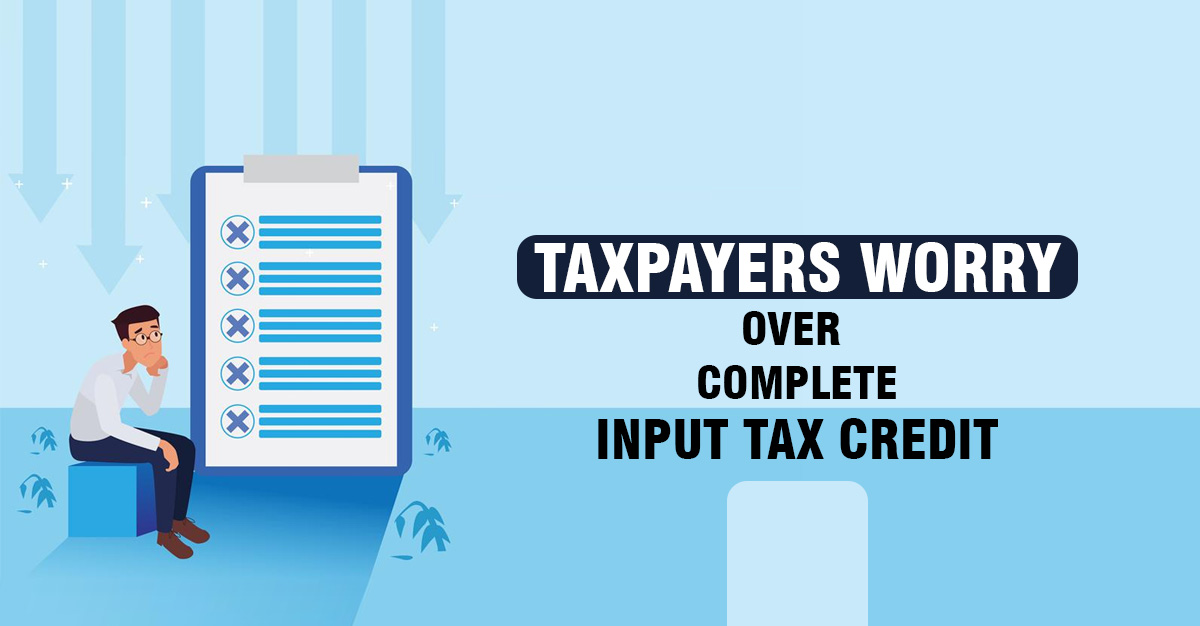
Here is the reason for Taxpayers to be distressed and furious. No extension has been allowed beyond the May 20 due date for the purpose of filing the GSTR-3B and remitting taxes; however, the date for filing GSTR-1 that is required to claim input tax credits has been extended to May 26.
“Ideally, the due date for filing GSTR-3B should have been extended to a date after the due date of GSTR-1 enabling the recipient taxpayer to correctly compute and avail eligible input tax credit (ITC) while filing their GSTR-3B,” said Saloni Roy, senior director at Deloitte India.
Tax experts opine that small and medium enterprises are likely to feel anxious as it might not be possible for them to claim input tax credits and they would end up paying more tax. While this dilemma will not be a significant issue for large enterprises, it may pose a liquidity crunch for small and medium enterprises.
Insignificant Relief
“Taxpayers should deposit the GST liability for April by May 20 to avoid interest liability. There is no waiver of interest in case of delay in payment of tax, though the interest rate has been reduced,” Mr Surana said.
During this second disastrous Covid pandemic, on May 1, the government had modified GST compliance norms as relief measures for an industry that includes
- More time to file some return
- Reduction in the interest on delayed tax payments
- Waiving penalties for 15-30 days
During the national lockdown of the first Covid pandemic last year, the government had permitted a GSTR-3B compliance extension for May 2020; however, this year, the extension has been provided only for GSTR-1.








